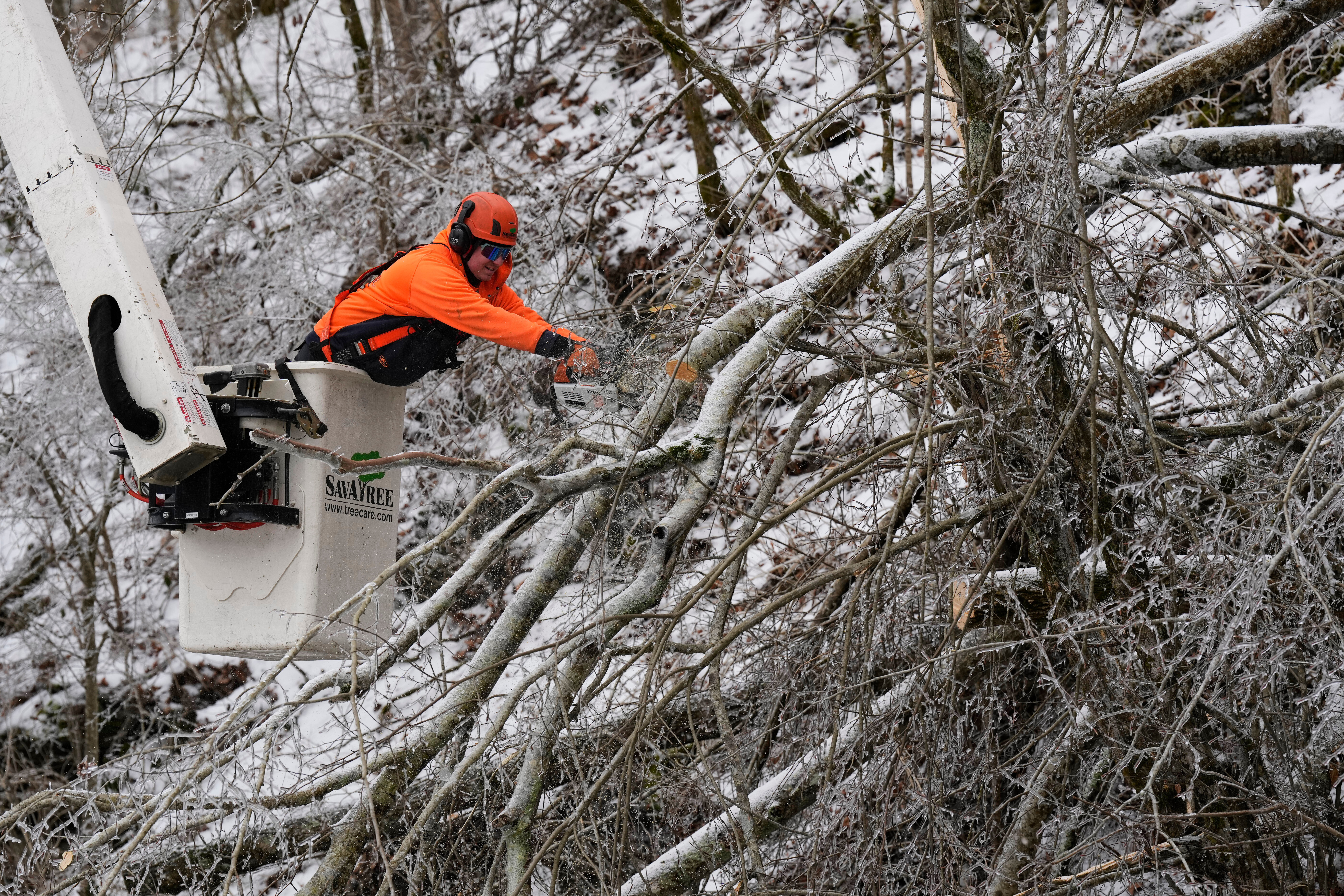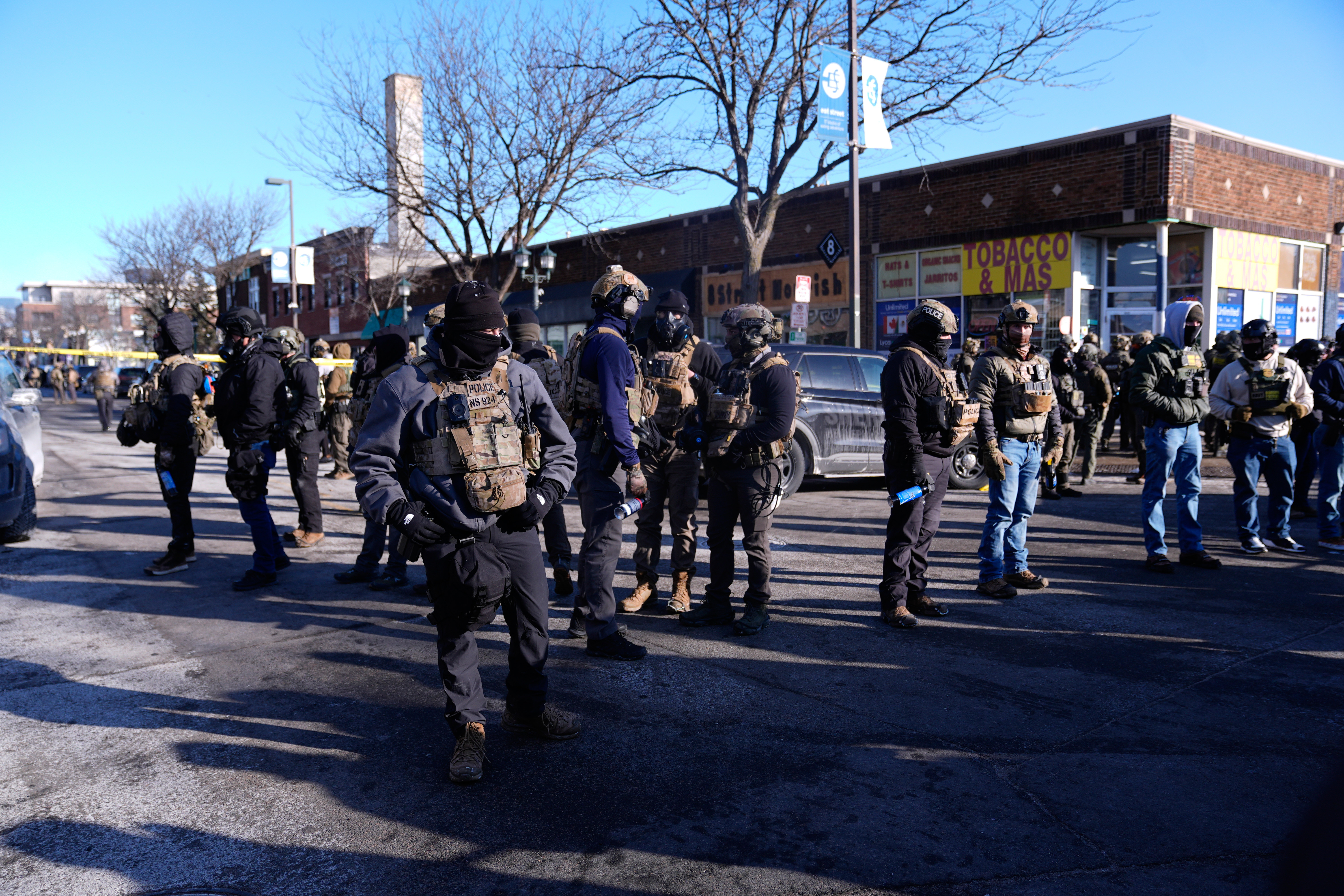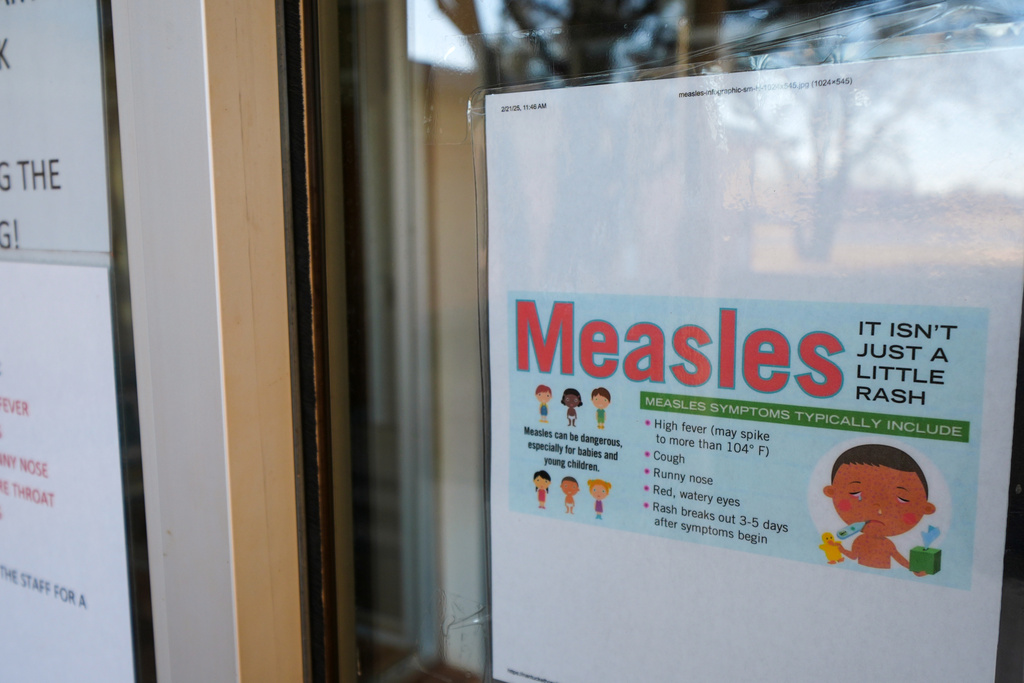Bamlanivimab the first FDA emergency-approved drug for mild to moderate COVID-19 patients, is meant to stop this from happening.
The drug imitates the immune system’s response to the virus. Antibodies are made in a lab and given to COVID patients via IV early in the illness. It takes an hour to administer it, and another hour for health workers to monitor a patient for side effects.
The FDA authorized Bamlanivimab for coronavirus patients who are at high risk of severe disease or hospitalization. Factors like being older than 65, diabetes, obesity, a suppressed immune system, cardiovascular disease or high blood pressure all make someone eligible to receive the drug.
But now comes the daunting task of making the drug — and getting it to people who need it.
"People often think finding a drug is the most important thing. It's super important. Developing it is super important, but manufacturing and distributing it is equally important," Dr. Jeremy Levin, chairman of the Biotechnology Innovation Organization, said.
Right now, the U.S. Department of Health and Human Services has 80,000 doses to give out by week’s end. Its contract with Eli Lilly includes 300,000 more doses by December. But in the past week, the U.S. has seen over 700,000 new COVID cases.
Even though the drug is meant to keep COVID patients out of the hospital, HHS says at first, only hospitals will have it. In the coming weeks, outpatient sites like IV infusion centers will, too.
"One of the concerns about infusion centers, the way they're set up now is they often have cancer patients or patients who are immunosuppressed. And the last thing you want to do is have people with active COVID infection around people who are immunosuppressed," said Dr. Manu Jain, a pulmonary and critical care specialist at Northwestern Medicine.
Federal officials will look at two things each week to decide where additional doses go: state and local confirmed hospitalizations over the prior seven days, and total confirmed cases. Doses will be distributed each Wednesday, similar to what is done now with the COVID treatment remdesivir.
HHS says no one will be charged for the drug itself. But Medicare patients without supplemental coverage and individuals with private insurance could be charged for services associated with getting Bamlanivimab,
Lindsey Theis, Newsy, Denver.











